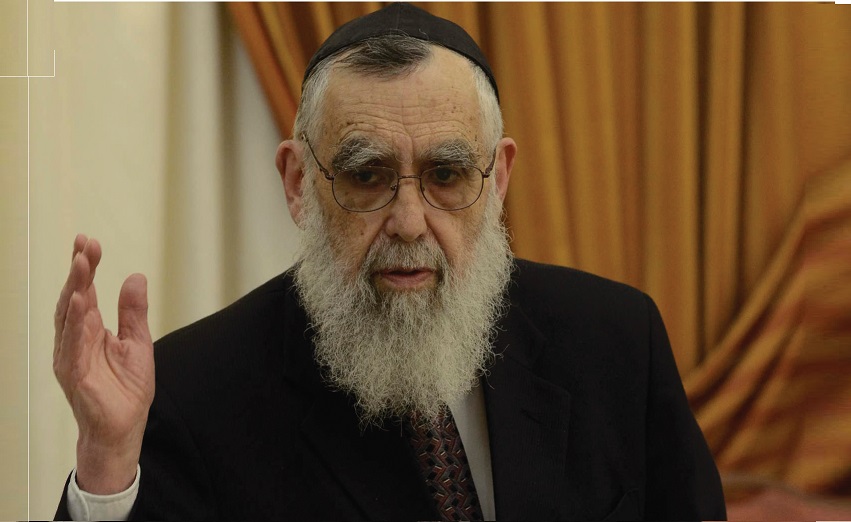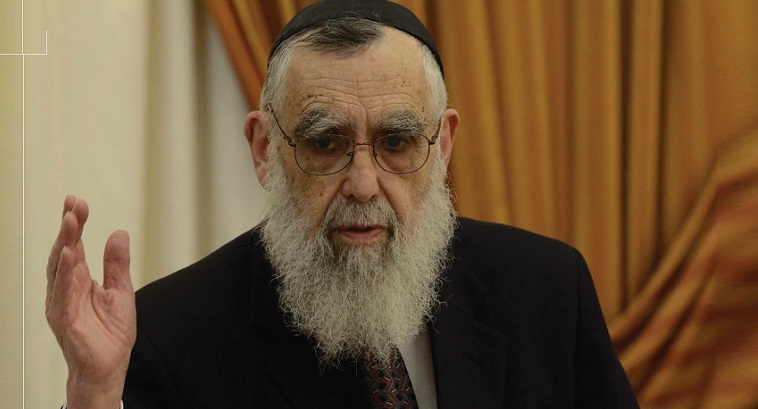The Spy and the Dilemma

Pollard intended to help the State of Israel but his actions may have instead damaged the close relationship between America and Israel
Jonathan Pollard’s long ordeal, which began with his arrest on November 21, 1985, has come to an end. This is the first Chanukah in 35 years that he can celebrate as a free man.
But now a difficult dilemma confronts the State of Israel. When Pollard comes to Israel, shall he be welcomed as a hero and martyr, such as being greeted at the airport by government officials, or should he be welcomed as any newcomer is welcomed — though with an acknowledgment, and perhaps a seudas hoda’ah by close friends, that his unfair ordeal is finally over?
His case is not simply the story of one man’s mistake and subsequent punishment. Rather, it has become a symbol of the convoluted relationship between America and Israel.
There is no question that Pollard’s long sentence was overly harsh, cruel, and unjust. Other Americans who had sold military secrets to actual adversaries like Russia were given much lighter sentences than Pollard, who had, after all, given classified material to a friendly power. Yes, he had stolen secrets, had broken the law, and deserved to be punished. But even impartial observers agreed that his life sentence — after the judge broke the plea-bargain agreement — was clearly grossly disproportionate and brutal.
Pollard intended to help the State of Israel but his actions may have instead damaged the close relationship between America and Israel. For some, it created suspicion of Jews within the American defense and intelligence services, and inflamed the anti-Semitic sentiments of many Americans, who once again raised the fabricated specter of dual loyalty.
Today he is finally a free man and intends to move to Israel. There are voices in Israel who consider him a hero and martyr and are calling for an official government-sponsored reception.
This in my view would be a mistake. To celebrate his arrival in this manner would signal to the American government that Israel has no regrets about spying on its great benefactor and most trusted ally and, if given the opportunity, would do so again.
Pollard has paid a huge price for his actions. He was well-intentioned, and has suffered greatly for his love of Israel. We sympathize with his travails, but to salute his arrival with political representatives would only add fuel to the fire of dual loyalties. Let him come to Israel with a celebration of the end of his horrible and unfair ordeal. Let him write his memoirs, which would surely be riveting, and live out his years in peace and tranquility. Those who wish to praise and lionize him can do so discreetly and unofficially, on their own time. But Israel should be careful not to weaken the delicate Israeli-American fabric by anything that can be perceived as a returning hero’s welcome.
(Originally featured in Mishpacha, Issue 840)
Oops! We could not locate your form.




